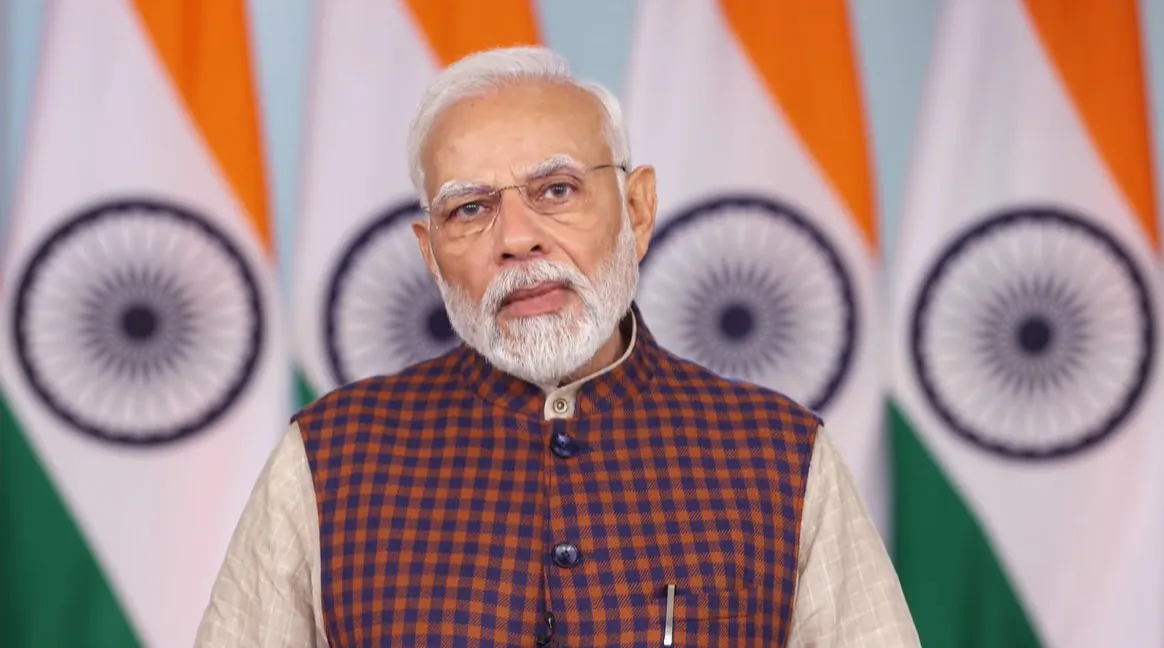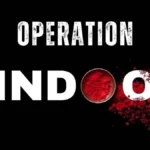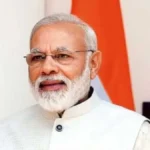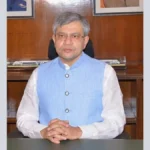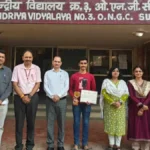Prime Minister Narendra Modi, on a two-day visit to Japan, called for partnership with Japan, stating that while Japan is a ‘Tech Power’ house, India is a ‘Talent Power’ house. He said that both countries together can lead the entire world in the field of technology and innovation.
Additionally, Prime Minister Modi invited Japanese manufacturers to come to India and called for manufacturing for the whole world under ‘Make in India’. He said, “Make in India for the whole world.” He stated that today, technology and talent can lead the world.
Addressing the India-Japan Economic Forum in Tokyo, PM Modi said that Japan’s technology and India’s talent together can lead this century’s technological revolution. Furthermore, the Prime Minister stated that India is the most promising destination for investment. 80 percent of companies want to expand in India, and 75 percent are already profitable. This means that capital in India not only grows but multiplies many times over.
Japan has always been an important partner
He said, ‘Japan has always been an important partner in India’s development journey. From metro to manufacturing, from semiconductors to startups, our partnership remains a symbol of mutual trust.’ PM Modi said that Japanese companies have invested more than 40 billion dollars in India. PM Modi stated that India has undertaken bold and ambitious initiatives in the fields of AI, semiconductors, quantum computing, biotech, and space.
Reform, Perform, and Transform is our mindset
Earlier, Prime Minister Modi said, “Today, India has political stability, economic stability, transparency, and predictability in policies. Today, India is the world’s fastest-growing major economy. And very soon, it is going to become the world’s third-largest economy.” The PM said that Reform, Perform, and Transform is our mindset.
After Japan, PM will visit China
Earlier, the Prime Minister arrived at Tokyo’s Haneda Airport on Friday morning, where he was given a grand welcome in Rajasthani style. Japanese women, dressed in Rajasthani attire, welcomed the Prime Minister with folded hands and said, “Welcome to our country.” PM Modi will remain in Japan on August 29 and 30. After that, he will be on a visit to China on August 31 and September 1, where he will participate in the annual summit of the Shanghai Cooperation Organization being held in the city of Tianjin.
Tokyo
Tokyo, originally a small fishing village called Edo, became Japan’s political center in 1603 when it was established as the seat of the Tokugawa shogunate. It was renamed Tokyo (“Eastern Capital”) in 1868 when the Emperor moved his residence there, beginning its transformation into a global metropolis. Today, it is a vast, modern city known for its cutting-edge technology and vibrant pop culture, while still preserving historic sites like temples and the Imperial Palace.
Haneda Airport
Haneda Airport, officially known as Tokyo International Airport, is one of Japan’s two primary airports serving the capital city. It first opened in 1931, making it one of the country’s oldest and busiest airports, and was the primary international gateway for Tokyo until the opening of Narita Airport in 1978. In recent years, it has undergone significant expansion and now also handles a large number of international flights in addition to its dominant domestic operations.
Rajasthani
“Rajasthani” refers to the culture and people of the Indian state of Rajasthan, a region with a rich history of Rajput kingdoms known for their majestic forts and palaces. Its cultural identity is deeply rooted in traditions of vibrant art, music, dance, and colorful attire that have been preserved for centuries.
India-Japan Economic Forum
The India-Japan Economic Forum is a bilateral platform established to foster economic cooperation and trade relations between the two countries. It serves as a key dialogue mechanism for government and business leaders to discuss investment opportunities and strategic partnerships. Its history is rooted in the growing economic and diplomatic ties that have strengthened significantly since the early 2000s.
Make in India
“Make in India” is a major national initiative launched by the Indian government in 2014 to transform the country into a global manufacturing and design hub. The program aims to attract foreign investment, foster innovation, and create jobs by promoting India’s manufacturing sector across 25 key industries.
Shanghai Cooperation Organization
The Shanghai Cooperation Organization (SCO) is a Eurasian political, economic, and security alliance founded in 2001 by the leaders of China, Russia, Kazakhstan, Kyrgyzstan, Tajikistan, and Uzbekistan. It evolved from the “Shanghai Five” mechanism, which was established in 1996 to resolve border disputes and build mutual security along their shared frontiers. Today, it is one of the world’s largest regional organizations, focused on combating terrorism and enhancing cooperation among its member states.
Tianjin
Tianjin is a major port city in northern China with a rich history as a treaty port, which is reflected in its unique architectural blend of European-style concessions and traditional Chinese buildings. It grew in importance during the Ming and Qing dynasties and became a key hub for trade and modern industry. Today, it is known as a bustling economic center and municipality directly under the central government.

